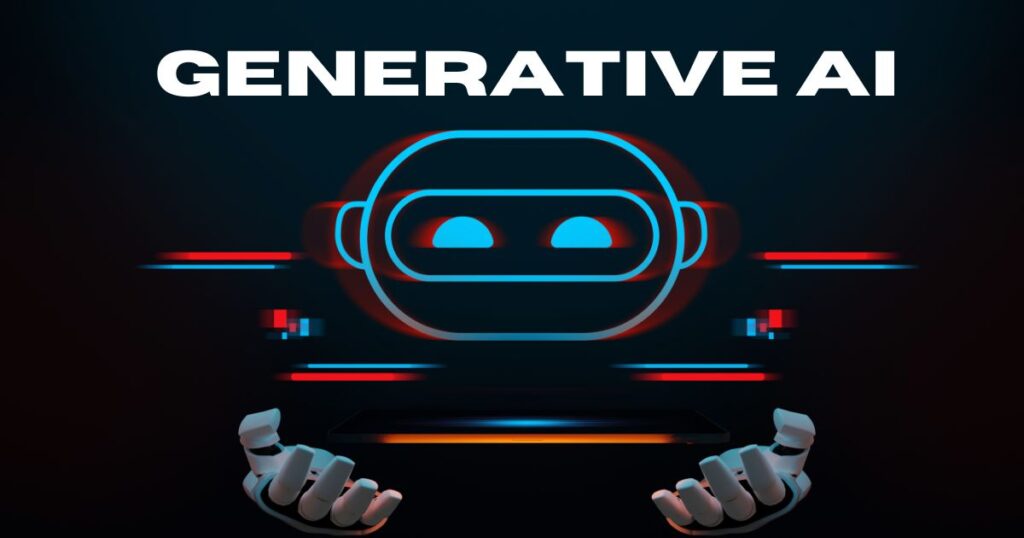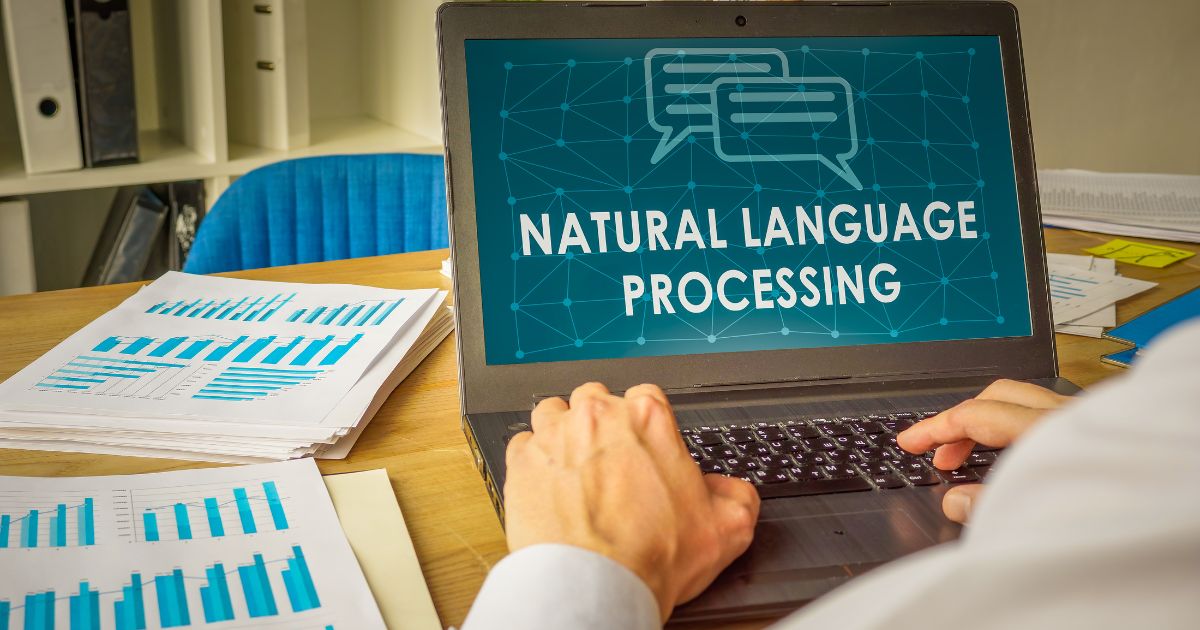The marriage of generative AI technology and investment banking is poised to usher in an era of unprecedented productivity and innovation. This transformative synergy has the potential to elevate employee efficiency, enhance customer experiences, and drive rapid progress within the industry.

Generative AI: Revolutionizing Investment Banking
Generative Artificial Intelligence (AI) is emerging as a formidable force in the realm of investment banking. According to Deloitte, the world’s top 14 investment banks could augment their front-office productivity by a substantial 27% to 35% by harnessing the capabilities of generative AI. This could translate into an additional revenue stream of a remarkable $3.5 million per front-office employee by the year 2026.
The allure of generative AI, powered by advanced transformer models, has not eluded the discerning gaze of investment bankers. Its potential to revolutionize various facets of investment banking is immense, with applications spanning a wide spectrum.
Multipronged Benefits of Generative AI for Investment Banks
Investment banks stand to reap manifold benefits from the integration of generative AI:
Enhanced Automation: While AI and automation have made inroads into investment banking over the years, tasks that demand human intervention still persist. Generative AI, particularly Large Language Models (LLMs), can automate numerous tasks, not only optimizing costs but also amplifying workforce productivity.
Empowering Innovation: By automating routine tasks, generative AI frees up resources, fostering a culture of innovation. Front-office staff can concentrate on more valuable, client-centric activities.
Elevating Productivity Across Financial Services: Recent studies underscore the promising impact of generative AI on productivity. For instance, a study by Stanford revealed a 14% productivity surge in a call center empowered by generative AI. Similarly, the Massachusetts Institute of Technology found that generative AI enhanced the efficiency and quality of work for professionals in various domains. It’s noteworthy that this technology can empower lower-skilled workers, albeit with the initial need for increased validation efforts.
Treading the Path of Innovation: Leading institutions are already embracing generative AI. JPMorgan Chase, for instance, is exploring “IndexGPT” to provide investment advice. Wells Fargo leverages LLMs to enhance client reporting to regulators and streamline business processes.
Deeper Market Insights: Generative AI’s prowess extends to deciphering complex financial jargon, akin to human reasoning. Several organizations employ models similar to GPT to analyze official statements from central banks and speeches, offering unprecedented insights into market trends.
Vendor Support: Industry vendors are making substantial investments in generative AI. Bloomberg’s “Bloomberg GPT” and Pitchbook’s “VC Exit Predictor” are prime examples of AI-driven tools tailored for finance.
The Impact on Front-Office Operations
Generative AI is particularly promising where the creation of outputs is resource-intensive but validation is relatively straightforward. In investment banking, this translates into an array of benefits across front-office operations, including marketing, sales, decision support, research, and trading. Professionals in these domains devote significant time to producing reports, investment theses, due diligence reports, and more. Generative AI streamlines content creation, augments analytical capabilities, enhances electronic processes, and reduces client call transfer rates.
Productivity Gains and Future Prospects
Our analysis suggests that generative AI can amplify front-office employee productivity by a substantial 27% to 35% by 2026, accounting for inflation. This translates to an additional revenue stream of $3 million to $4 million per employee from an average of $11.3 million during 2020–22.
Productivity enhancements are anticipated to vary depending on the complexities of specific business segments. The Investment Banking Division (IBD), encompassing equities, debt issuance, mergers and acquisitions, and advisory, is poised to benefit the most, with estimated productivity gains averaging 34%. Generative AI can streamline tasks such as due diligence, compliance, valuation, and prospectus drafting. In trading, particularly in equities, generative AI expedites market analysis, backtesting, and personalized trading recommendations.
Fixed income currencies and commodities (FICC) trading, characterized by complexity and systemic risk, may experience more tempered productivity gains due to the need for rigorous validation in volatile markets.
Potential Risks and Altered Dynamics
The integration of generative AI into investment banking may introduce legal, reputational, and operational risks. It could also reshape interactions with buy-side clients, potentially reducing their dependence on sell-side institutions. Some clients may seek to develop their value streams independently, challenging banks to provide high-value-added services. Additionally, while generative AI may level the playing field, it could intensify competition and pose challenges for smaller boutique firms.

Preparing for Generative AI Adoption
Investment banking leaders must consider critical factors when implementing generative AI:
Focus and Scale: Leaders must assess the technology’s potential and risks, taking into account execution feasibility.
Leveraging Productivity Gains: As generative AI reduces mundane tasks, banks must realign their workforce for more value-driven roles.
Risk Mitigation: Robust validation processes are essential to ensure AI outputs’ accuracy and ethical use.
Building Stakeholder Trust: Convincing stakeholders of AI’s validity and adhering to ethical AI practices is crucial.
Integration: Generative AI must seamlessly integrate with existing digital infrastructure and other emerging technologies.
Regulatory Compliance: Proactive engagement with regulators to shape policies around generative AI is vital.
Strategic Partnerships: Collaboration with fintech and tech organizations can facilitate generative AI implementation.
The era of generative AI in investment banking is upon us, promising groundbreaking transformations and challenges that, when navigated wisely, can lead to unparalleled growth and innovation.



